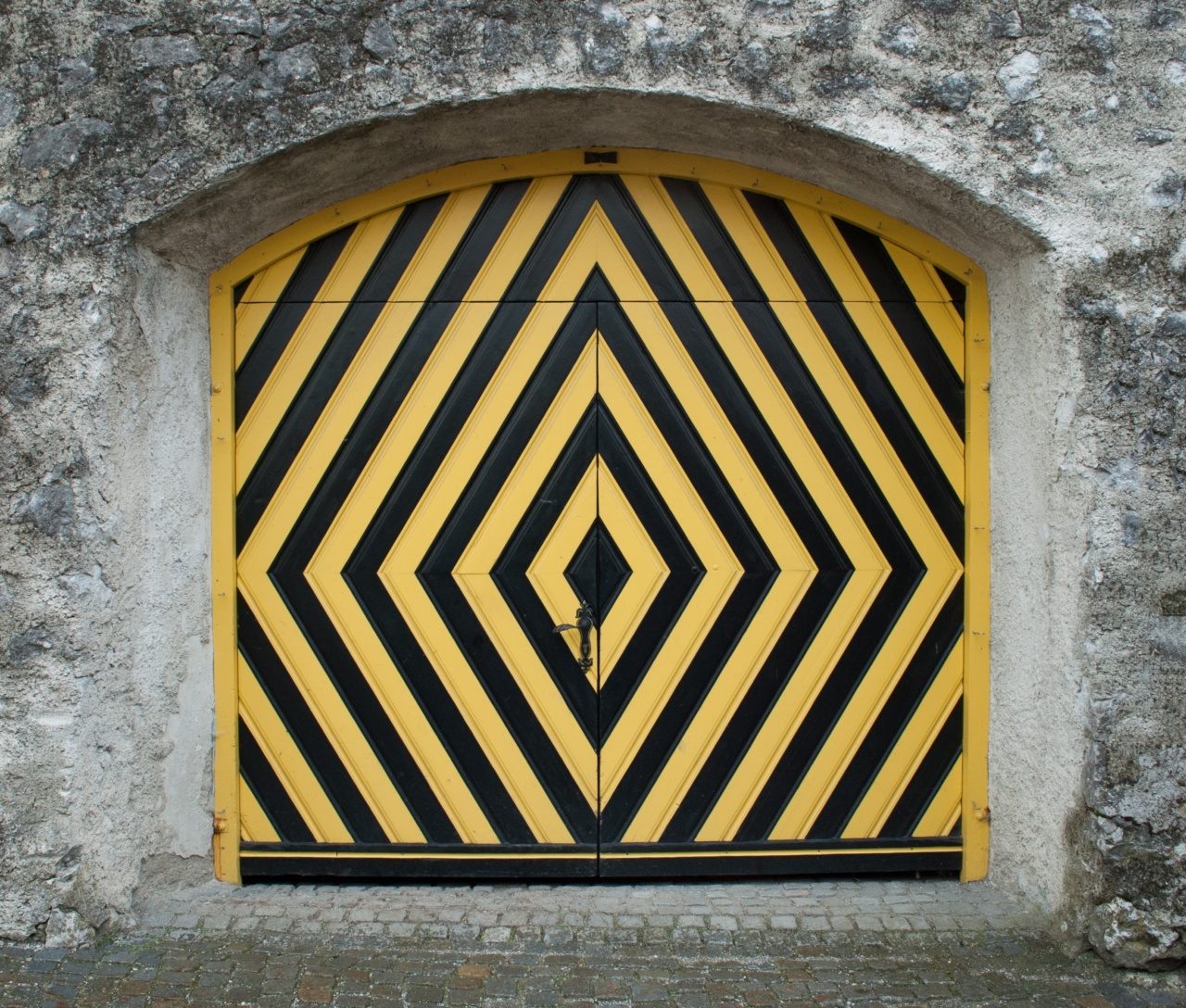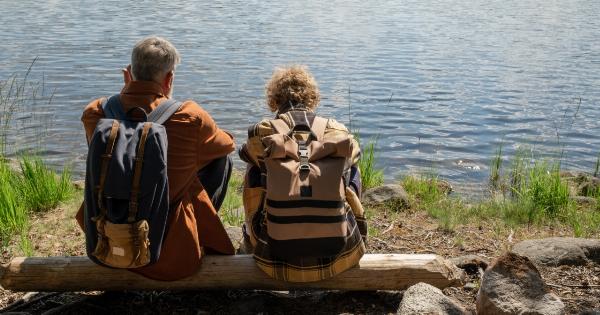Kidney stones are hard deposits that form in the kidneys and can cause severe pain and discomfort. If left untreated, kidney stones can lead to more serious complications, such as infections or kidney damage.
Recognizing the warning signs of kidney stones can help prompt early diagnosis and treatment. In this article, we will discuss 30 warning signs that you may be experiencing kidney stones.
1. Severe Pain in the Back or Side
One of the most common symptoms of kidney stones is intense pain in the back or side. This pain is often described as sharp or cramping and may worsen over time or come in waves.
2. Painful Urination
If you notice pain or a burning sensation while urinating, it could be a sign of kidney stones. The presence of stones can cause irritation and inflammation in the urinary tract.
3. Blood in Urine
One of the key signs of kidney stones is blood in the urine, also known as hematuria. The urine may appear pink, red, or brownish in color.
4. Frequent Urge to Urinate
Having the constant urge to urinate, even if you pass only small amounts of urine, can be a symptom of kidney stones. This occurs due to the stones irritating the bladder and urinary tract.
5. Cloudy or Foul-Smelling Urine
If your urine appears cloudy or has a strong, unpleasant odor, it may indicate the presence of kidney stones. This is often accompanied by other urinary symptoms.
6. Difficulty Urinating
In some cases, kidney stones can block the flow of urine, causing difficulty or even an inability to urinate. This requires immediate medical attention.
7. Nausea and Vomiting
People with kidney stones may experience nausea and vomiting. These symptoms can occur due to the intense pain or as a response to the body’s attempt to eliminate toxins associated with the stones.
8. Fever and Chills
If you develop a fever and experience chills along with other kidney stone symptoms, it may indicate an infection. Infections can occur when urine flow is obstructed by the stones.
9. Frequent Urinary Tract Infections
Having recurring urinary tract infections (UTIs) can be a sign of kidney stones. The presence of stones provides a favorable environment for bacterial growth, leading to frequent infections.
10. Fatigue and Weakness
Kidney stones can cause fatigue and weakness, especially if they are causing pain or affecting kidney function. This is due to the strain on the body and the disruption of normal bodily processes.
11. Sudden and Intense Pain in the Abdomen
Along with back pain, kidney stones can also cause sudden and intense pain in the abdomen. This pain is often mistaken for appendicitis or other abdominal issues.
12. Painful Crystals in the Urine
Sometimes, kidney stones may pass through the urinary tract and be visible in the urine. These small, jagged crystals can be extremely painful to pass.
13. Pain Radiating to the Groin and Genitals
Kidney stone pain can radiate from the back or side into the groin area and genitals. This is because the nerves that supply these areas also pass through the same pathways as the ones from the kidneys.
14. Frequent Urinary Tract Blockages
If you have a history of recurrent urinary tract blockages or kidney stones, it is important to be vigilant about recognizing the warning signs of new stones. Early intervention can prevent complications.
15. Painful or Swollen Testicles
In men, kidney stones can cause pain and swelling in the testicles. This is known as referred pain and occurs due to the close proximity of the testicles to the urinary tract.
16. Visible Blood in Semen
The presence of blood in semen, known as hematospermia, can sometimes occur as a result of kidney stones. It is recommended to seek medical evaluation if this occurs.
17. Painful Intercourse
For both men and women, kidney stones can cause discomfort or pain during sexual intercourse. This may be attributed to the movement of the stones or inflammation in the urinary tract.
18. Abdominal Bloating
In some cases, kidney stones can cause abdominal bloating and discomfort. This occurs when stones obstruct normal urinary flow and cause fluid retention in the abdominal region.
19. Unexplained Weight Loss
If you are experiencing unexplained weight loss along with other kidney stone symptoms, it may be a sign of an underlying condition. Kidney stones can affect appetite and nutrient absorption.
20. History of Dehydration
Dehydration is a major risk factor for kidney stone formation. If you have a history of recurrent dehydration, it is important to be mindful of the warning signs and take preventive measures.
21. Family History of Kidney Stones
If you have a family history of kidney stones, you may be more prone to developing them yourself. Knowing your family’s medical history can help you be proactive in identifying the warning signs.
22. Dietary Factors
Certain dietary factors, such as a high intake of animal protein, sodium, or sugar, can increase the risk of kidney stone formation. If your diet is high in these substances, be cautious and monitor for symptoms.
23. Personal History of Kidney Stones
If you have had kidney stones in the past, you are more likely to develop them again. It is essential to be aware of the warning signs and seek medical attention at the first sign of recurrence.
24. Chronic Digestive Conditions
Chronic digestive conditions, such as Crohn’s disease or inflammatory bowel disease, can increase the risk of kidney stone formation. These conditions often involve malabsorption of essential nutrients and electrolyte imbalances.
25. Use of Certain Medications
Some medications, such as diuretics or calcium-based antacids, can increase the risk of kidney stone formation. If you are taking these medications, discuss the potential risks with your healthcare provider.
26. Abnormal Urine pH Levels
Abnormal urine pH levels, such as highly acidic or alkaline urine, can contribute to the formation of kidney stones. Monitoring and maintaining optimal urine pH can help prevent stone formation.
27. Chronic Urinary Tract Obstruction
Chronic urinary tract obstruction, such as from enlarged prostate or kidney abnormalities, can increase the risk of kidney stone formation. Treating the underlying cause of the obstruction is crucial for prevention.
28. High Blood Pressure
There is a correlation between high blood pressure and kidney stone formation. If you have hypertension, it is important to manage your blood pressure and be aware of kidney stone symptoms.
29. Overweight or Obesity
Being overweight or obese can increase the risk of kidney stones. This is partially due to dietary factors and metabolic abnormalities associated with excess weight.
30. Swelling in the Feet and Ankles
In some cases, kidney stones can cause fluid retention and swelling in the feet and ankles. This occurs due to impaired kidney function and compromised fluid balance in the body.
Conclusion
Kidney stones can cause a range of symptoms and complications if left untreated. Recognizing the warning signs and seeking medical attention is essential for timely diagnosis and appropriate treatment.
If you are experiencing any of the symptoms mentioned, consult your healthcare provider to determine the underlying cause and develop an effective treatment plan.































